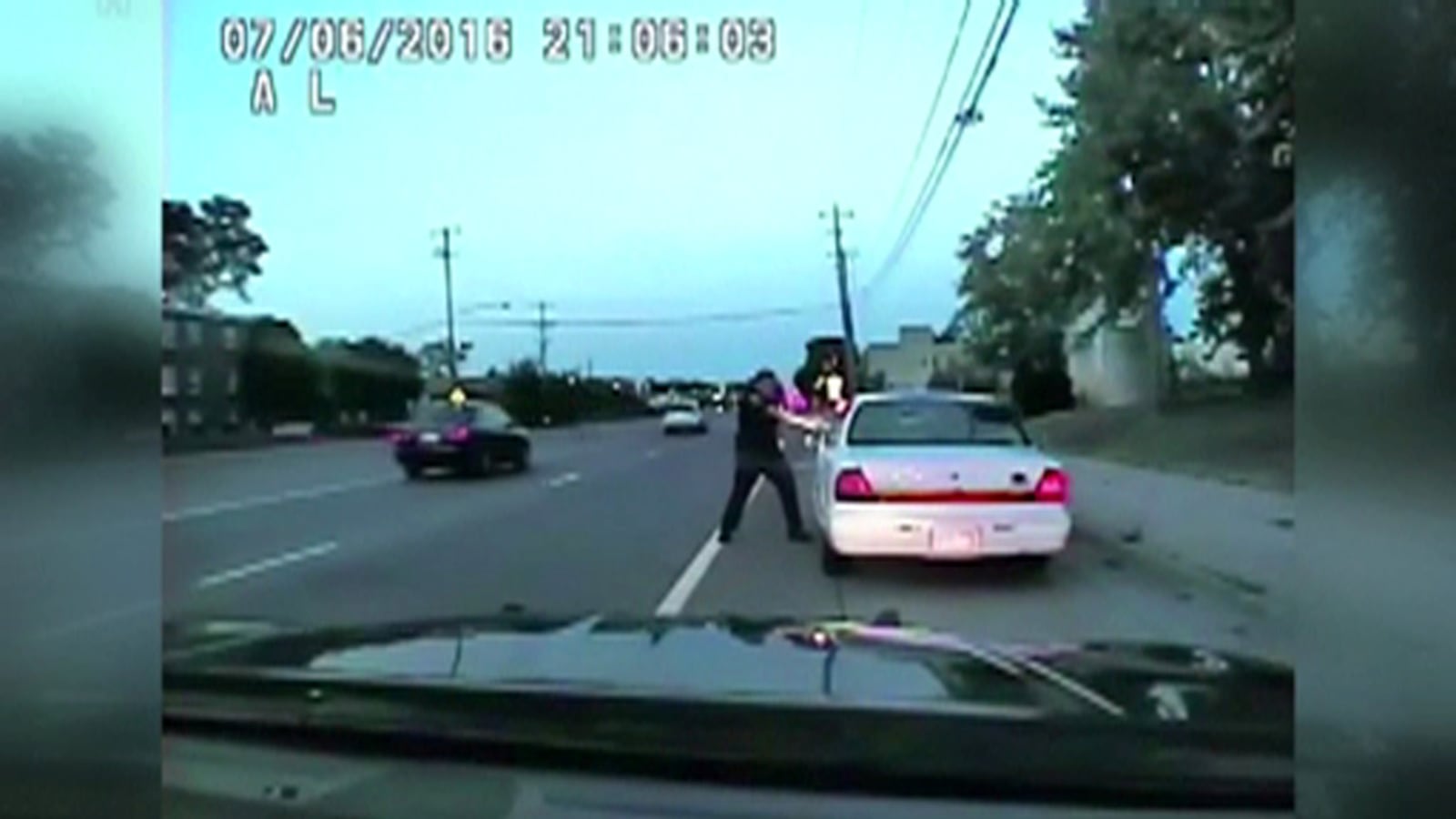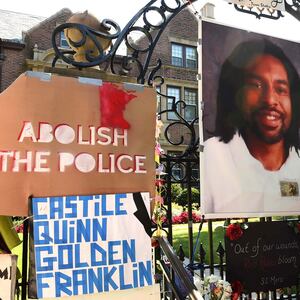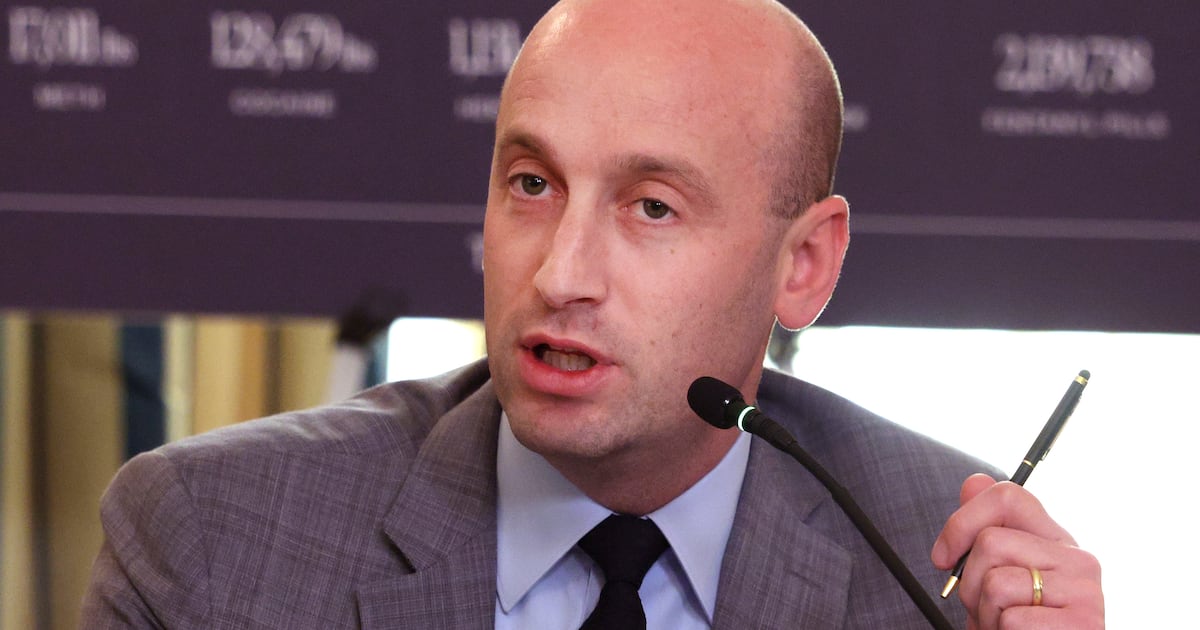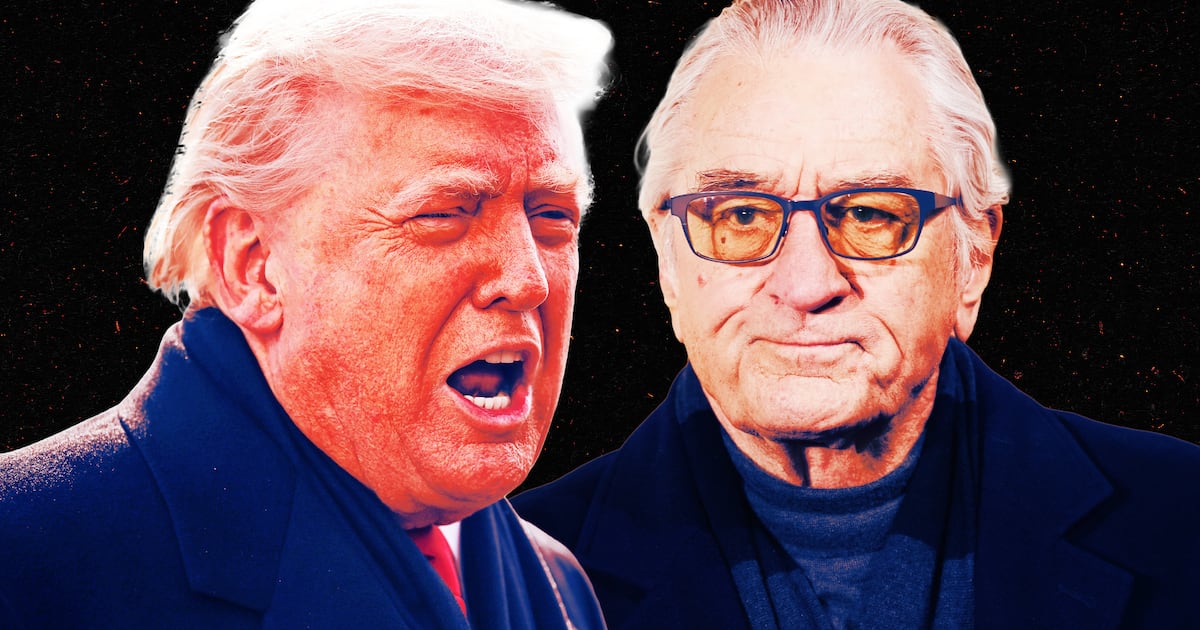John Choi said he will never forget July 6, 2016—the day 32-year-old Philando Castile was shot and killed by a St. Anthony Police Department officer during a simple traffic stop over a broken taillight.
When asked for his license and registration, Castile told officer Jeronimo Yanez he had a licensed gun. Yanez, fearful Castile might reach for it, told him not to. But despite Castile’s insistence that he was not reaching for the gun, Yanez fired seven shots from close range, killing him. Later it was revealed Yanez and another officer in the car believed Castile resembled a robbery suspect before they pulled him over.
Choi, the Ramsey County Attorney in Minnesota who charged Yanez for the shooting and later saw Yanez acquitted by a jury, told The Daily Beast he’s never stopped thinking about the way Castile’s interaction with Yanez began—over an innocuous infraction. Choi said it’s the sort of traffic stop that Black people like Castile, who’d been stopped over 40 times before his death, are subject to daily by police officers often fishing for drugs, guns, and an easy arrest.
In honor of Castile, Choi announced Wednesday his office will no longer prosecute felony cases resulting from minor traffic stops for violations like an expired registration, overly tinted windows, or broken lights. The change, Choi said, is a deliberate attempt to cut down on what he said are unnecessary stops by police of people of color that too often spiral into fatal incidents.
“I'm not going to do this anymore,” Choi told The Daily Beast. “I am not going to perpetuate these unjust practices that disproportionately impact my community.”

Valerie Castile, Philando’s mother, praised Choi for the change and said she hopes it inspires other county prosecutors and police departments to do the same. She told The Daily Beast her son’s broken tail light was simply an “excuse” to pull him over, just as he’d been pulled over dozens of times before. “You went from a simple traffic stop to a murder,” she said. “He ended up being murdered because of a broken taillight.”
Despite the praise from some corners, Choi told The Daily Beast he’s been working behind the scenes to get police departments in his county onboard with the change. The hope, he said, is that his new strategy isn’t just a top-down decision, but one that would also inspire departments to amend their own internal policies and practices—which experts said often train police to stop drivers of color and those in high crime areas with low-level traffic stops in the hopes of finding drugs or guns.
But Allison Schaber, the president of a union representing Ramsey County Sheriff Office deputies, told The Daily Beast that Choi’s new policy “is another example of the Ramsey County Attorney’s Office circumventing the legislative process to satisfy his own political ambitions.” Schaber said Choi furthers the “misnomer” that valid traffic stops for small violations “are anything less than legal stops that target activity already deemed illegal.”
Schaber, like others critical of Choi’s change, said she believes the new policy will only lead to more crime. “County Attorney Choi should focus on reducing the crime wave his constituents are currently experiencing instead of trying to find more ways to justify criminal behavior.”
Brian Peters, the executive director of the Minnesota Police and Peace Officers union fired a missive at Choi during the press conference, calling the policy “absurd” and “a slap in the face” to victims of crime. “Ramsey County residents be warned: those that break the law won’t even get a slap on the wrist—they’ll get a high-five from the county attorney and be left to commit more, and more serious offenses,” he said in a statement on Facebook.
Choi said Peters’ statement was an “outdated model” of values that led the country to a mass incarceration crisis and racial disparity in the criminal justice system.
Choi told The Daily Beast that after meeting with police chiefs in his county in June, about half the chiefs seemed willing to make their own changes as a result of his decision.
On Wednesday, ahead of Choi’s announcement, Chief Todd Axtell of the St. Paul Police Department announced a new set of guidance that falls in line with Choi’s decision, according to an email to his staff obtained by The Daily Beast.
Axtell said he would direct patrol officers to prioritize enforcement on reducing crashes, injuries, and death by focusing on violations related to speeding, reckless driving, driving under the influence, and running lights.
He said that minor violations like expired tabs, a single burned-out headlight or taillight, small windshield cracks, lack of license plate lights, and small objects hanging from mirrors are “illegal and important to note” but he said that they have little effect on the safety of citizens.
“I want to be perfectly clear: We should not use these violations as a primary reason for a traffic stop unless there’s an articulable public safety concern,” Axtell wrote.
The Roseville Police Department has also made public their support of Choi’s decision. In a press release on Wednesday, the department acknowledged that focusing on “equipment violations” disproportionately affects communities of color and “undermines law enforcement’s legitimacy.”
The release states that on August 1, the department changed their traffic policy, and “absent other factors” they will no longer enforce “equipment violations, expired registrations, or other non-moving violations that do not create a public safety concern or a dangerous condition.”
Choi called the partnership between law enforcement officials and his office an important moment. “This is a big deal,” he said. “It’s a courageous decision on the part of the police to actually say some things out loud or be with us.”
It is a change, he said, from similar efforts that he looked to as inspiration, such as Fayetteville, North Carolina.
Between 2013 and 2016, the former police chief of the Fayetteville Police Department, Harold Medlock, made the decision to deprioritize stops for non-moving violations and instead had his officers focus on things like speeding and reckless driving. According to an analysis by the Burlington Times-News, the number of Black drivers searched from 2013 to 2016 declined by nearly 50 percent compared to the previous four years.
Choi said he hopes his jurisdiction—where racial disparities are pervasive—can see a similar decline.
In St. Paul, Ramsey County’s largest city, 43 percent of all traffic stops in 2020 involved Black drivers, despite the fact that Black people make up about 16 percent of the population in the city. In Roseville, Minnesota, 28 percent of traffic stops in 2020 involved Black drivers—more than triple the 8 percent of Black residents in the city.
The problem isn’t limited to Minnesota. A 2020 study that analyzed nearly 100 million traffic stops around the country found that Black drivers were 20 percent more likely to be stopped than white drivers and were searched about twice as often when stopped.
Frank Baumgartner, a professor of political science at the University of North Carolina at Chapel Hill and the author of a book about racial disparities in traffic stops, said that often police academies teach officers to use minor infractions like expired tags or air-fresheners in a rear-view window as an excuse to pull people over in high-crime areas in the hopes of finding drugs or guns.
“Those things don’t really keep us safer, but they do give police the opportunity to have a conversation with whoever they please.”
Baumgartner said these “fishing expeditions” are very unlikely to turn up drugs or guns, and when they do, they often don’t lead to arrests. But when they do result in a big bust, he said that it often provides law enforcement the incentive they need to continue—without thinking about the people they’ve been subjecting to unnecessary stops and searches in the meantime.
But Peter Moskos, a criminal justice professor at John Jay College of Criminal Justice and a former cop in Baltimore, told The Daily Beast that cops are protected by the Supreme Court, which has ruled that they can make legal traffic stops and investigate further crimes if there is reasonable suspicion.
“It’s a tool,” Moskos said, “like any tool, it can be misused or used appropriately. But to say you don’t want cops to stop people legally when they’re suspicious is to say you don’t want policing.”
Moskos, like other critics of Choi’s new policy, said he feared the change would only be “for show” and do little to stop rising crime in the area. According to data from St. Paul Police Department, violent crimes have been on the rise since 2016, including a 78 percent spike in homicides from 2016 to 2020 and a nearly 17 percent increase in assaults during that same period.
“Police are supposed to be proactive,” Moskos said. “They’re supposed to be looking for trouble. That’s their job.”
Choi told The Daily Beast that he believes stops with sufficient probable cause—such as someone driving erratically or at high speed—warrant further investigation. But he said lower-level infractions often only alienate people who are stopped over and over for them.
“We know that oftentimes, that's the pretext,” he said, “there's a reason they're trying to investigate more, because they see something or someone or some situation is suspicious.”
For a long time, he said, he believed this was “good policing” because guns or drugs could be found. But he no longer believes the low probability of finding something is worth the cost these stops and searches have on community members, particularly Black residents.
“We have failed to think about the 98 percent of people,” he said. “We can continue to perpetuate all this, or we can change it.”
Castile, who told The Daily Beast she’s been pulled over many times herself for minor violations, said many Black drivers believe there’s a double standard on the road and drive in fear of being pulled over.
“We, as Black people, don't have the luxury to say, ‘Oh, well, oh, today is a beautiful day, I'm getting in my car, letting the top down and you know taking a long, relaxing drive out of the city,’” she said. “It’s almost a challenge to get in your car and go to the grocery store because you’re in fear.”
She said her son was pulled over so many times that she was ready to go to the police department herself and talk to them. But she said he always told her not to.
Now she regrets it.
“I wonder if I had gone down there, would that have made a difference?” she said, adding that the repeated stops and interactions with police were only likely to lead to trouble.
“If you’re in a negative situation so many times, you're gonna have a negative outcome.”







